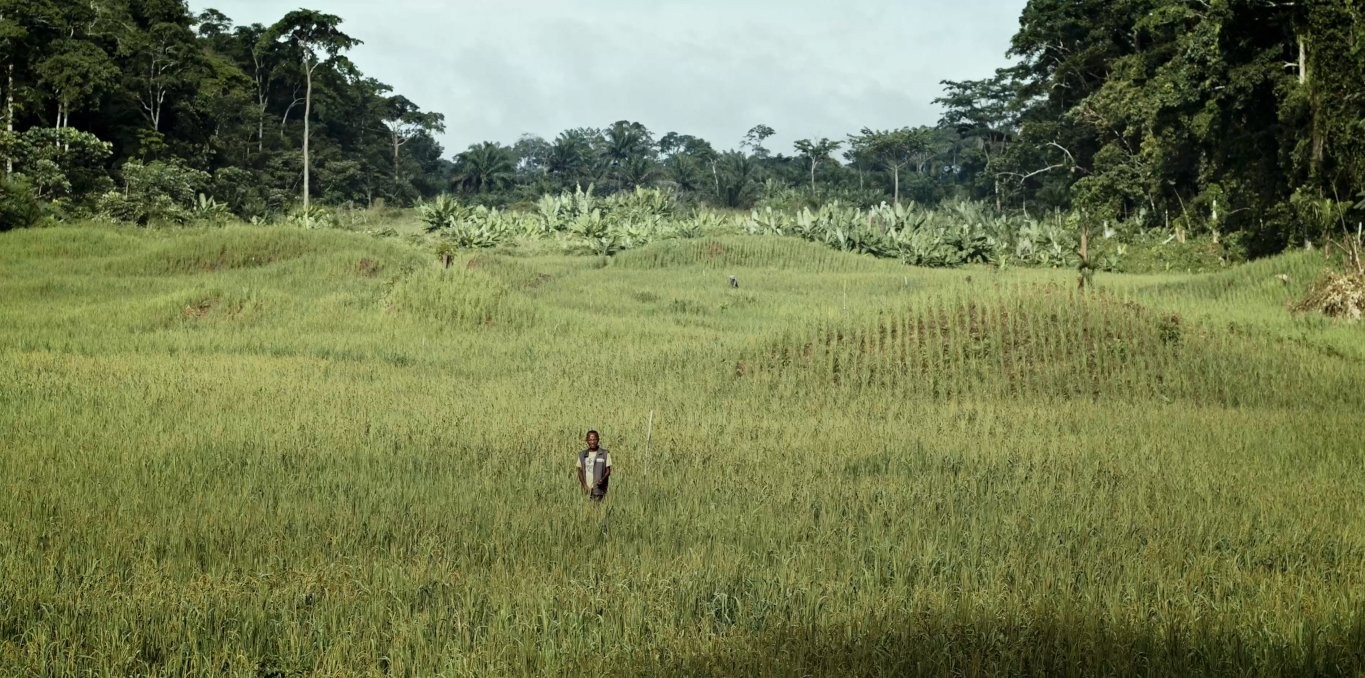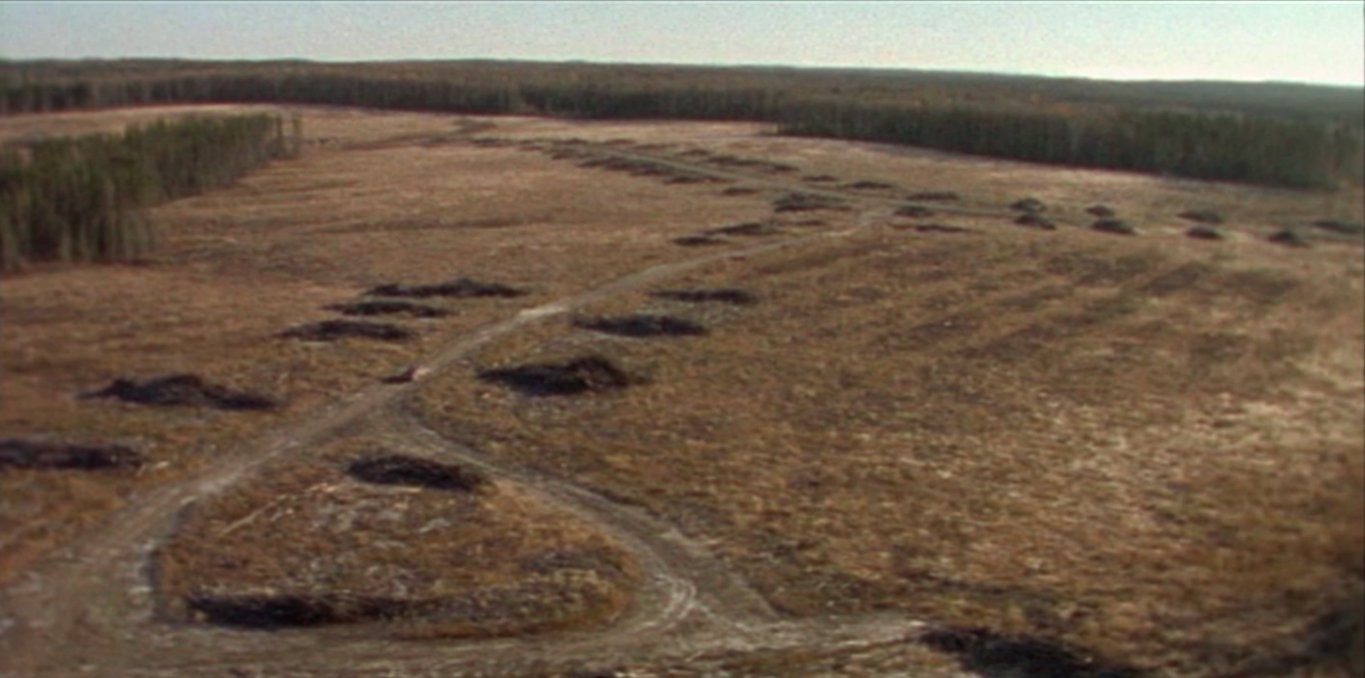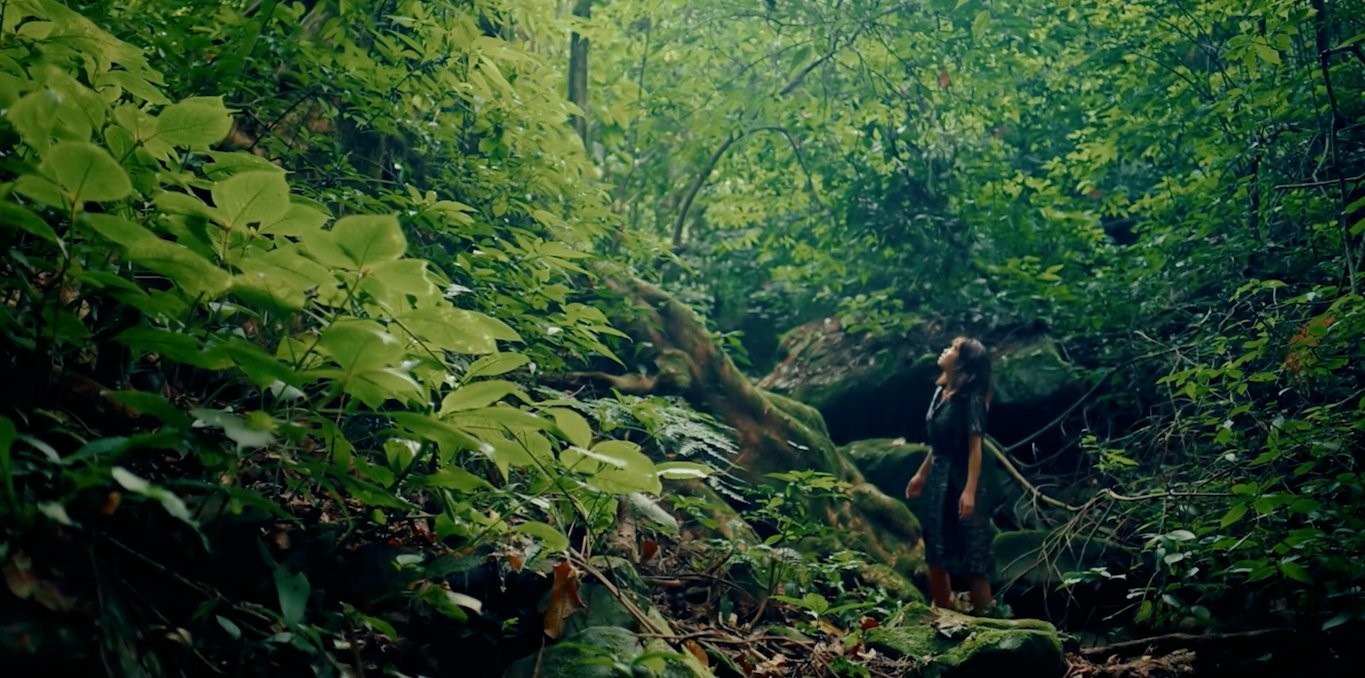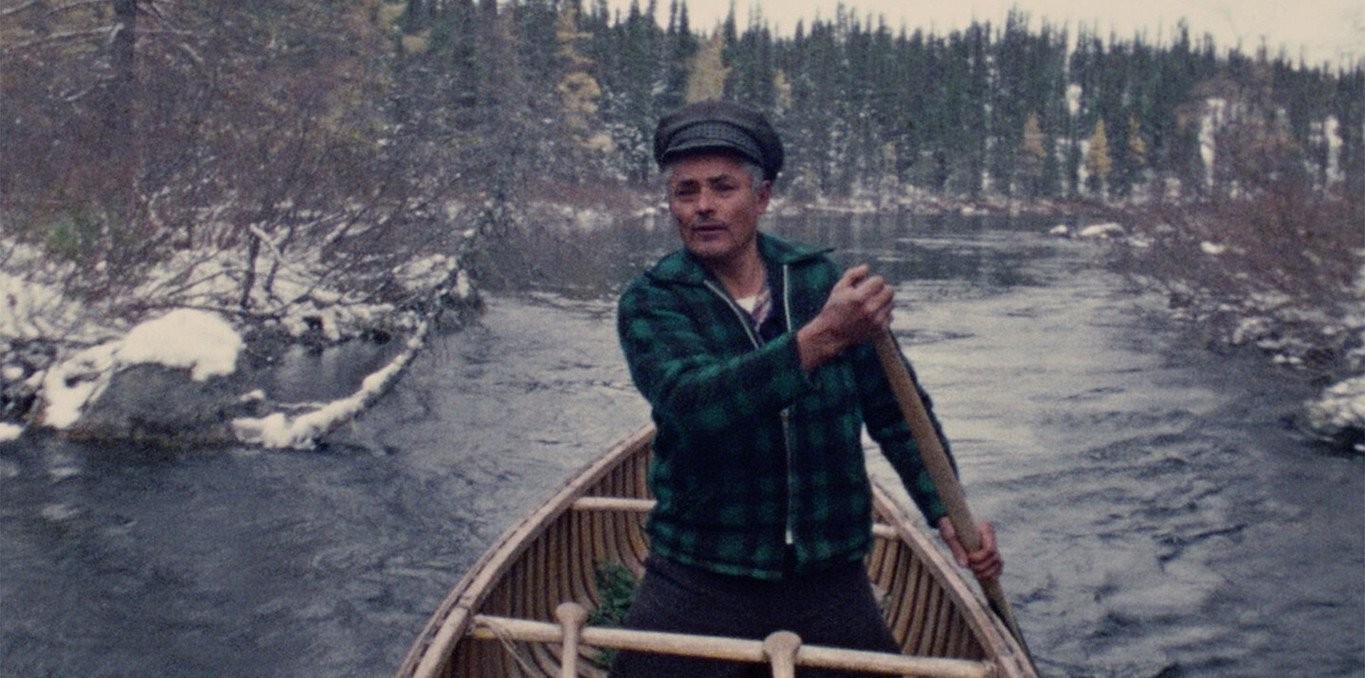Forests of All Countries, Unite!

Exploring the forest as a space of beauty and conflict, refuge and struggle, intimacy and community.
Filming the forest was, for me, an experience as intimate as it was political—one that goes far beyond a cinematic adventure. It meant diving into a territory we think we know, yet one that constantly eludes us, resists us, surprises us. The Quebec forest, with its horizons of conifers, its climate upheavals, and its human and non-human inhabitants, appeared to me as a distorted mirror of our collective contradictions: a place of contemplation and renewal, but also a stage for political, economic, and social conflicts.
During the shoot, I came to understand how the forest is crisscrossed by invisible forces: industrial exploitation eating away at the land, the wildfires of 2023 exposing the fragility of our ecosystems, the presence of Indigenous communities reminding us that this land is not ours, and the voices of citizens who, for decades, have denounced an inequitable forestry regime. Today, as the government’s promised reform falters and budget cuts strike directly at the Ministry of the Environment, the forest has become more than ever a political space. It is a mirror of our relationship with the world—our inability to think long-term, but also our potential for resistance.
It is within this context that I wished to curate a program to accompany the release of my most recent film, In the Forest, as part of the Festival du cinéma international en Abitibi-Témiscamingue (FCIAT). The idea is not simply to juxtapose films, but to weave connections—to create a conversation among works, eras, and territories. The films I have chosen share a common urgency: to question the relationship between humans and the earth, and to remind us that the history of forests is inseparable from that of the peoples who live in and defend them.
This is the spirit in which the program takes shape. Mobilize, by Caroline Monnet, opens the dialogue by affirming the resilience and inventive adaptability of Indigenous peoples here. With Kanehsatake: 270 Years of Resistance, Alanis Obomsawin reminds us that the defense of land is also the defense of dignity and collective memory. Forest Alert, by Richard Desjardins and Robert Monderie, still painfully relevant, exposes the colonial and destructive management of our forests. I also wanted to broaden the scope to other territories: The Tree of Authenticity by Sammy Baloji takes us to the Congo, where colonial memory and the forest meet in a reflection on history and identity. Finally, The Woodland Threshold draws us into a sensory experience—both sonic and visual—where the forest becomes a threshold between memory, dream, and reality.
To extend this reflection, I invited individuals whose sensitivity and commitment resonate with these works and the struggles they evoke. Each offers a unique perspective on a film: Leila Afriat, engaged with Indigenous communities at the McCord Stewart Museum; Barbara Caretta-Debays, editor at Écosociété; Ghislain Picard, former Chief of the Assembly of First Nations of Quebec and Labrador; and Henri Jacob, longtime activist and co-founder of Action boréale. Their texts offer plural perspectives—political, cultural, human—that enrich our reading of the films and deepen the collective dialogue surrounding the forest.
Bringing together these films and voices within a single program is to propose a journey that begins in Quebec and reaches toward Africa, Asia, and Europe, only to return to the same fundamental question: How do we inhabit the forest, and how does the forest, in turn, inhabit us? This journey reveals that forests everywhere are at once places of beauty and conflict, of refuge and struggle, of intimacy and community.
Pascale Ferland
Filmmaker, teacher, and curator
5 products

The Tree of Authenticity
In the heart of a Congolese equatorial forest, the remnants of a research center dedicated to tropical agriculture reveal the weight of the colonial past and its inextricable ties to climate change. This three-part essay offers a powerful analysis of Belgium’s colonial history and its enduring consequences today.

Forest Alert
Subscription access
While silence and ignorance reign supreme over our forests—and despite official assurances that our forest heritage will remain untouched—this hard-hitting documentary raises the question of our collective responsibility in the face of the destruction of a truly unique environment. The boreal forest, that immense wealth once thought inexhaustible—can we really say it’s in good hands?

The Woodland Threshold
Subscription access
_The Woodland Threshold_ takes us on an introspective journey into the heart of the Laotian forest. The film follows Dao's journey, letting her thoughts wander to the rhythm of her footsteps, venturing into the depths of her memory. Between the parks of Rennes, where she lives, and the jungles of northern Laos, we wander with her on an inner journey, where the boundary between past and present ...

Kanehsatake: 270 Years of Resistance
Kanehsatake: 270 Years of Resistance
Duration: 3h58Subscription access
In July 1990, a dispute over a proposed golf course to be built on Kanien’kéhaka (Mohawk) lands in Oka, Quebec, set the stage for a historic confrontation that would grab international headlines and sear itself into the Canadian consciousness. Director Alanis Obomsawin—at times with a small crew, at times alone—spent 78 days behind Kanien’kéhaka lines filming the armed standoff between protesto...

The Tree of Authenticity
In the heart of a Congolese equatorial forest, the remnants of a research center dedicated to tropical agriculture reveal the weight of the colonial past and its inextricable ties to climate change. This three-part essay offers a powerful analysis of Belgium’s colonial history and its enduring consequences today.

Forest Alert
Subscription access
While silence and ignorance reign supreme over our forests—and despite official assurances that our forest heritage will remain untouched—this hard-hitting documentary raises the question of our collective responsibility in the face of the destruction of a truly unique environment. The boreal forest, that immense wealth once thought inexhaustible—can we really say it’s in good hands?

The Woodland Threshold
Subscription access
_The Woodland Threshold_ takes us on an introspective journey into the heart of the Laotian forest. The film follows Dao's journey, letting her thoughts wander to the rhythm of her footsteps, venturing into the depths of her memory. Between the parks of Rennes, where she lives, and the jungles of northern Laos, we wander with her on an inner journey, where the boundary between past and present ...

Kanehsatake: 270 Years of Resistance
Kanehsatake: 270 Years of Resistance
Duration: 3h58Subscription access
In July 1990, a dispute over a proposed golf course to be built on Kanien’kéhaka (Mohawk) lands in Oka, Quebec, set the stage for a historic confrontation that would grab international headlines and sear itself into the Canadian consciousness. Director Alanis Obomsawin—at times with a small crew, at times alone—spent 78 days behind Kanien’kéhaka lines filming the armed standoff between protesto...

